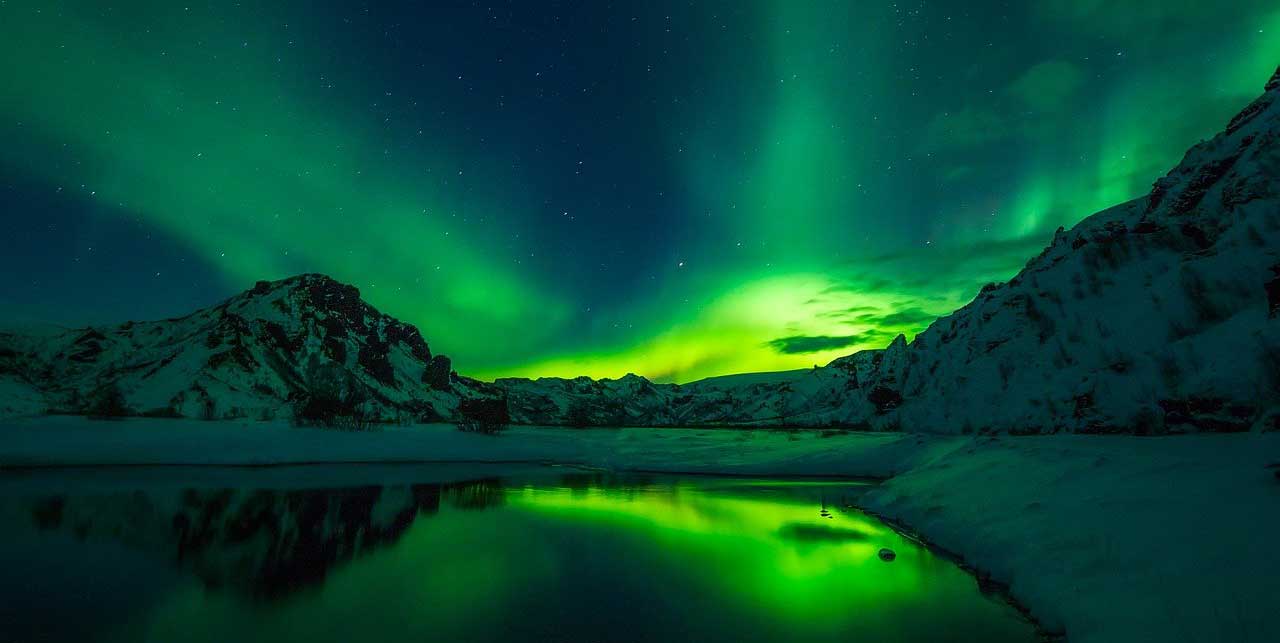Iceland may be a “submerged” country that you do not find much in political and economic forums, living in calm in a world where conflicts intensify and multiply, and in this article, we shed light on things and facts that you may not know about Iceland, a country that always ranks high in global indicators. The positive takes precedence over some of them, and the negative is at the bottom of these indicators, just as its people live in freedom, safety and peace in a manner that may raise surprise.
10 things you may not know about Iceland
1- World’s last in the Slavery Index
Iceland tops the global “slavery” index with only 23 slaves, which equates to a very slight percentage of its population, which is 0.007%. Modern slavery is one person who owns or controls another person and largely deprives him of individual freedom, with the intention of exploiting this person from During its use, profiting from it, displacement or disposal, it also includes people who are subjected to trafficking in “sex” or enslavement with “religion”.
2- The last in the world in crime rates
Iceland lives with the lowest crime rate in the world, and people often make fun of police work because they do not find what they do, to the point where banks, for example, do not have police personnel, and it was remarkable that in 2009 there was one murder during the year as a whole, and the state lives in All this safety and peace from crime without having an army!
3- Knocking on pots brought down government officials
A peaceful revolution erupted from Icelanders (2009-2011). The means of their protests were mainly based on knocking pots and roads on metal surfaces. During the period of protests, government officials fell and others rose after this innovative way of protest.
4- More calm
This country was not satisfied with this kind of calm and peace among humans, but also extended to include the near absence of one of the most annoying creatures, which is mosquitoes, so you will not find there anything going on around your ear and disturbing your sleep, this feature has prompted some to mock that it is enough.
5- A strange familiar source of energy
Iceland does not depend for its energy on non-renewable sources such as oil only, but it depends for its energy on a renewable source of energy that may be unfamiliar, which is “geothermal energy”. 85% of Icelandic households depend on “geothermal energy”, that energy that comes from Icelandic volcanoes and volcanic vents, some call it “volcanic energy”, and that energy is used to heat water and generate electricity.
6- Population
Their population is about 10 million, not this is the population, but the number of Atlantic puffins, which are distinctive to Iceland and represent its food wealth, and part of the national system, and their eggs, meat and feathers are used, and no wonder their numbers are many times the number of people in Iceland which is 350 thousand people, of whom 120 thousand live in the capital.
7- The world’s first in Internet freedom
Iceland topped the global ranking of the Internet Freedom Index according to the latest report issued by Freedom House, and Iceland got first place for several reasons, the most important of which is that the Internet is available within Iceland by 98%. Penetration.
8- The first category in the Global Freedom Index
Iceland also occupied advanced ranks in the general freedom index, in the Global Freedom Index the country was in the first category out of 7 categories and levels in the Global Freedom Index, which includes civil liberties and political rights, and of course those data and freedom rates were reflected on the freedom of the press, which Iceland ranked advanced in Its global index.
9- Distinguished educational system
Iceland has a distinct and unusual education system, as basic study in Iceland starts at the age of 6 years and ends at 16 years, and if you decide to complete your studies and enter college, you can enter it from the age of 18 to 20 years, so that the government will pay you the tuition fees. The percentage of literate people in Iceland is 99% of the population.
10- The longest fasting period in the world
At a time when the night is long in Iceland in the winter to the extent that the night lasts for about 18 hours, the day is very long in the summer, so the sun hardly sets until it rises again; As daylight hours in the summer of Iceland reach 22 hours, and last Ramadan in 2015, Iceland was the longest country in the world in terms of the number of fasting hours, and nearly 100 Muslims there were forced to fast 21 hours and 50 minutes, and this video shows how Muslims in Iceland fast.
